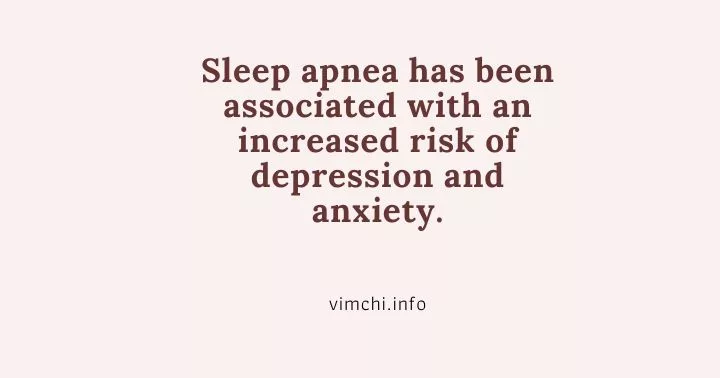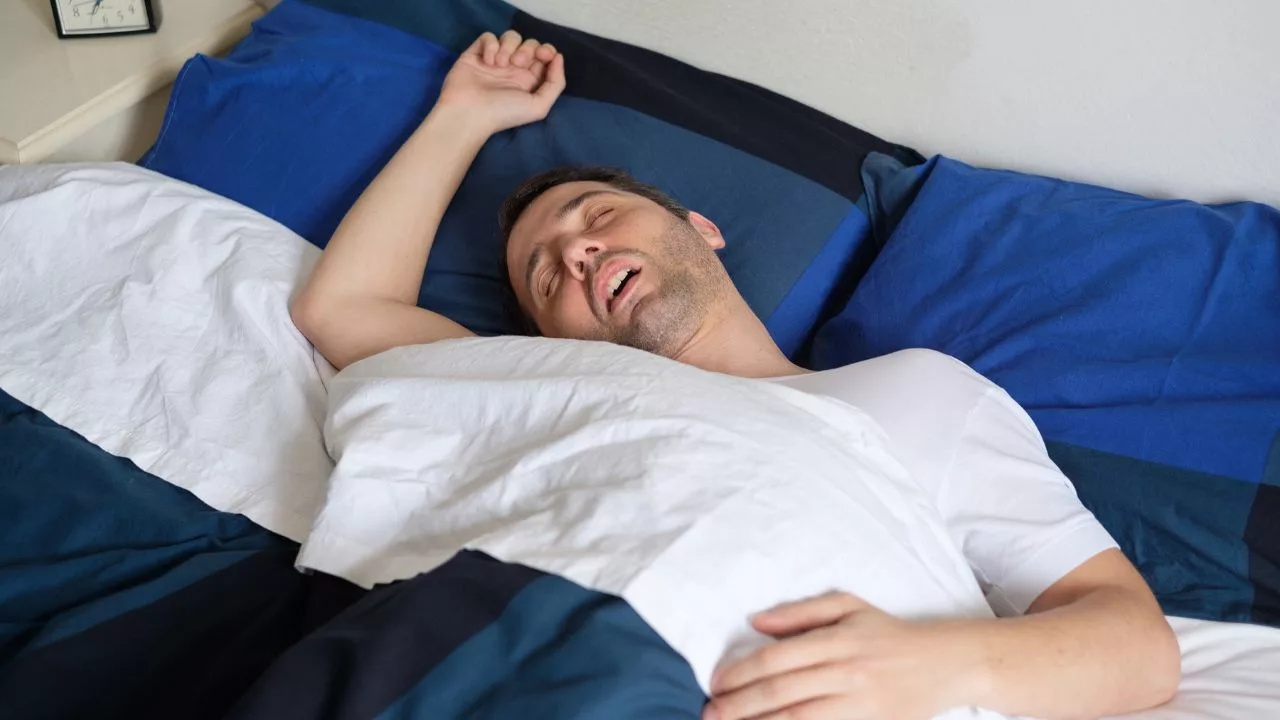How was your sleep last night? High-quality sleep is vital to help you function better. If you are not getting enough sleep at night, it might be time to see a doctor. Your physician can determine whether or not you have obstructive sleep apnea.
As an Amazon Associate, we earn from qualifying purchases.
Obstructive Sleep Apnea and Quality of Sleep

It is a sleep disorder that disturbs your sleep. It hinders blood flow and may alter your brain’s functioning.
When there are breathing complications during sleep, it can harm your brain function. It causes snoring, which blocks blood and oxygen to the brain.
In a study including 27 men between the ages of 35 and 70, researchers found that OSA could cause a significant deficit in brain function.
Those with severe OSA have lower mental functioning, alertness, and short-term visual memory.
The findings only show that this sleep disorder could significantly result in brain function loss. It may be brought on by high COs and low oxygen levels in the blood.
The study suggests that co-morbidities can worsen and arise any cognitive deficits caused by OSA. Researchers recommend that future studies should look into whether co-morbidities have an additive effect on brain deficits.
You may monitor your sleep using this device.
1.) Memory Loss
If you are deprived of sleep all the time, it will not allow your brain to get the rest it needs to function properly. While your body is resting, the brain organizes itself and converts short-term memories into long-term memories.
But the frequent disruptions could lead to memory loss.
Some studies explore the effect of sleep apnea on the onset of Alzheimer’s disease.
2.) Reducing Reasoning Skills
Because of the repeated interruptions in sleep, this sleep disorder could cause a reduction in your reasoning skills.
During sleep apnea episodes, the upper airway becomes blocked. It results in a temporary cessation of breathing.
It causes the brain to arouse from sleep to resume breathing. It can occur hundreds of times throughout the night.
Because it can affect cognitive function, you can expect your reasoning skills to be affected as well. Chronic sleep deprivation is also linked to deficits in concentration, attention, memory, and executive function.
It also causes changes in the brain’s structure and function, such as reduced gray matter volume and decreased blood flow to some areas of the brain. It can further contribute to cognitive impairment.
3.) Slow Reaction Time
This is the result of not getting enough sleep. Without adequate hours of sleep, you may experience excessive daytime sleepiness that can impair your cognitive function, including your reaction time.
As mentioned, sleep apnea can lead to oxygen desaturation which can cause a decrease in the delivery of oxygen to the brain. It leads to impaired cognitive function. It can further contribute to slower reaction times.
Since it can also cause disruptions in the normal circadian rhythms, OSA can impact reason times. The disruptions can affect the timing of the body’s natural rhythms, including sleep and wake cycles. It can lead to drowsiness and impaired performance during the day.
4.) Difficulty in Regulating Your Mood

Sleep apnea has been associated with an increased risk of depression and anxiety. When you are sleep deprived, your neurotransmitters are affected.
They are known to regulate your mood. If they are low, they can affect mood regulation.
What are the Ways to Prevent Obstructive Sleep Apnea?
Making Healthy Lifestyle Choices
Lifestyle modification is one of the best ways to prevent or alleviate OSA. This will include losing weight, avoiding alcohol and sedatives, as well as exercising regularly. You should also quit smoking. Modifying your lifestyle may reduce the severity of your sleep apnea.
Changing Sleep Position
Instead of sleeping on your back, try sleeping on your side. It can help in reducing the occurrence of OSA. You may also elevate the head of the bed by a few inches to keep the airway open during sleep.
Using Oral Appliances
There are oral appliances that you may use during sleep. These would include mandibular advancement devices. They can prevent the airway from collapsing during sleep and reduce the severity of sleep apnea.
Opting for CPAP
As an Amazon Associate, we earn from qualifying purchases.
This a form of therapy that requires you to wear a mask, which delivered pressurized air to keep the airway open during sleep.
It is a highly effective treatment for OSA. It can alleviate symptoms and improve quality of life. However, it is only recommended after you have been thoroughly diagnosed by your doctor.
Surgery
It can be the last resort. In some cases, Your doctor may recommend surgery to remove extra tissue from the throat or implant devices to keep the airway open during sleep.
Be Healthy
Because of how obstructive sleep apnea can affect our brains, it is necessary to do anything to prevent or treat earlier.

Speak Now ... Or Forever Hold Your Peace